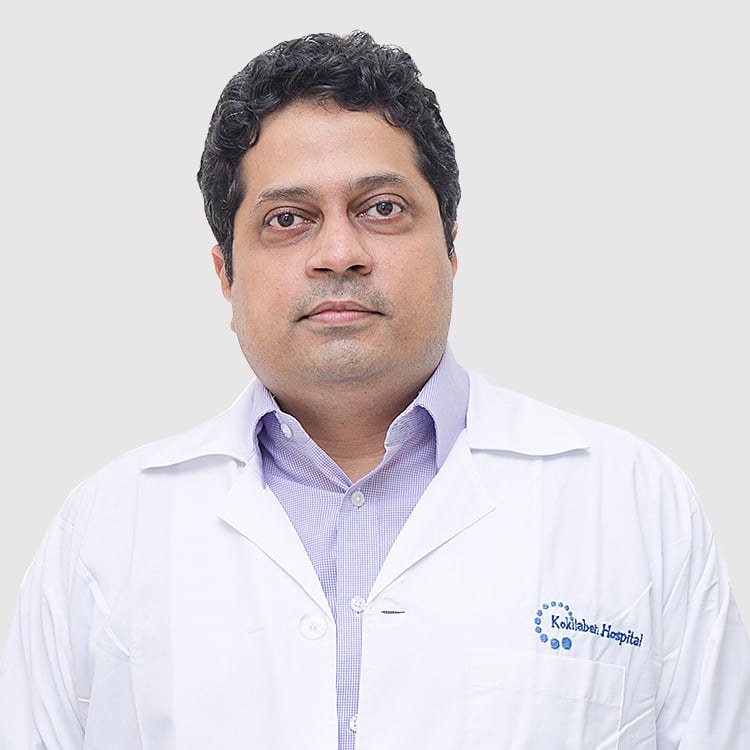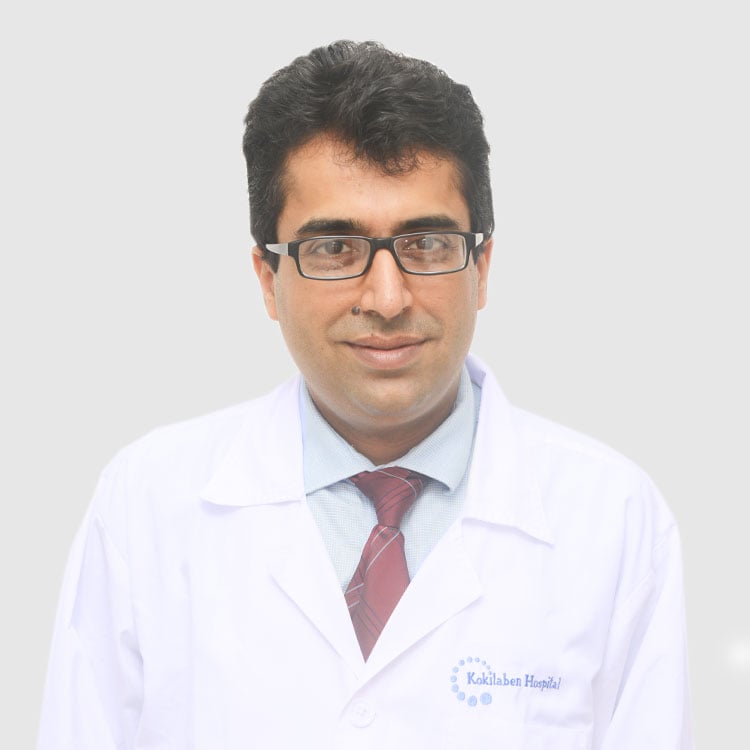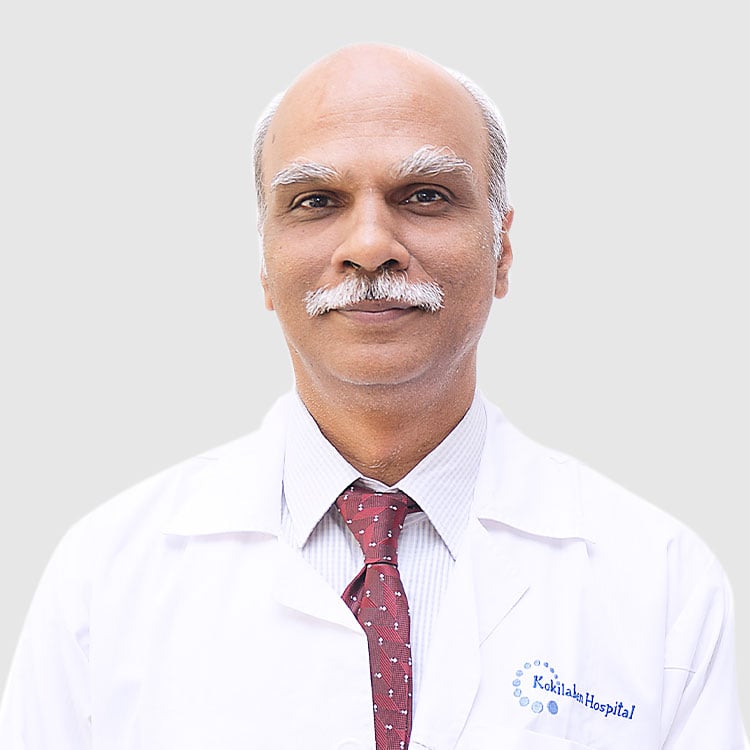Stomach cancer, or gastric cancer, is a serious disease that originates in the cells lining the stomach. It often develops slowly over many years, with early signs being easily missed. The complexity of this disease requires attention from specialists who provide personalized treatment plans.
Symptoms of stomach cancer can vary, but common signs include persistent stomach pain, indigestion, bloating, nausea, and unexplained weight loss. As the disease progresses, more severe symptoms such as difficulty swallowing, vomiting blood, or the presence of blood in stool may occur. If any of these symptoms persist, you must consult doctors at the best hospital for stomach cancer in Mumbai, India – Kokilaben Dhirubhai Ambani Hospital.
In most cases, a stomach tumour isn't easily felt, especially in the early stages. As the cancer grows, a mass may be palpable, but this is often rare. Stomach cancer progresses silently, which is why regular check-ups are crucial for early detection, particularly for those at risk. Hospitals in Mumbai are equipped with state-of-the-art imaging technologies to detect even the smallest tumours before they become a major concern.
You should see a doctor if you experience persistent symptoms such as chronic indigestion, unrelenting stomach pain, or unexplained weight loss. Early detection is key to effective treatment, offers some of the best doctors for stomach cancer. If you suspect anything unusual, visit a hospital for treating stomach cancer at the earliest to ensure you receive prompt care.
While there is no sure way to prevent stomach cancer, certain lifestyle changes can reduce the risk. A healthy diet rich in fruits, vegetables, and whole grains, as well as avoiding smoking and limiting alcohol intake, can be beneficial. Regular screenings for individuals with a family history or other risk factors are vital. In Mumbai, specialized care teams provide comprehensive guidance on gastric cancer prevention.
Diagnosis of stomach cancer typically involves a combination of endoscopy, biopsy, imaging tests, and blood work. Early detection enables a wider range of effective treatment options, such as surgery. In Mumbai, hospitals equipped with the latest diagnostic technologies ensure timely and accurate diagnoses, making them ideal for patients seeking gastric cancer treatment in Mumbai.
Treatment for stomach cancer often involves a combination of chemotherapy, surgery, radiation, and targeted therapy. Looking for the best doctors for stomach cancer treatment In Mumbai? Stomach cancer surgery, especially in advanced medical centres in Mumbai, is designed to remove the tumour and affected tissues. The treatment plan is determined by the cancer's stage and location.
You can reach out to some of the best doctors for stomach cancer in Mumbai at Kokilaben Dhirubhai Ambani Hospital. Our team of specialists offers cutting-edge stomach cancer treatment in Mumbai.
Laproscopic Total Gastrectomy is performed routinely at Kokilaben Hospital.
| Stage I | 80 – 90per cent |
| Stage II | 50 – 60per cent |
| Stage III | 40 per cent |
| Stage IV | 20 per cent |

Breast Oncology & G I Oncology

Cancer, Robotic Surgery, General Surgery, Minimal Access Surgery
Laparoscopic/ Robotic Colorectal Resections for Cancer, inflammatory Bowel disease, Pelvic Floor Surgeries, All types of Surgeries for Haemorrhoids and Fistula

Cancer, Robotic Surgery, General Surgery, Minimal Access Surgery
Minimal Access Gastrointestinal /Colorectal cancer surgery, Pancreatic and biliary surgery, Restorative proctocolectomy with Ileal pouch, Minimal access Surgery for Reflux disease, Nissens fundoplication